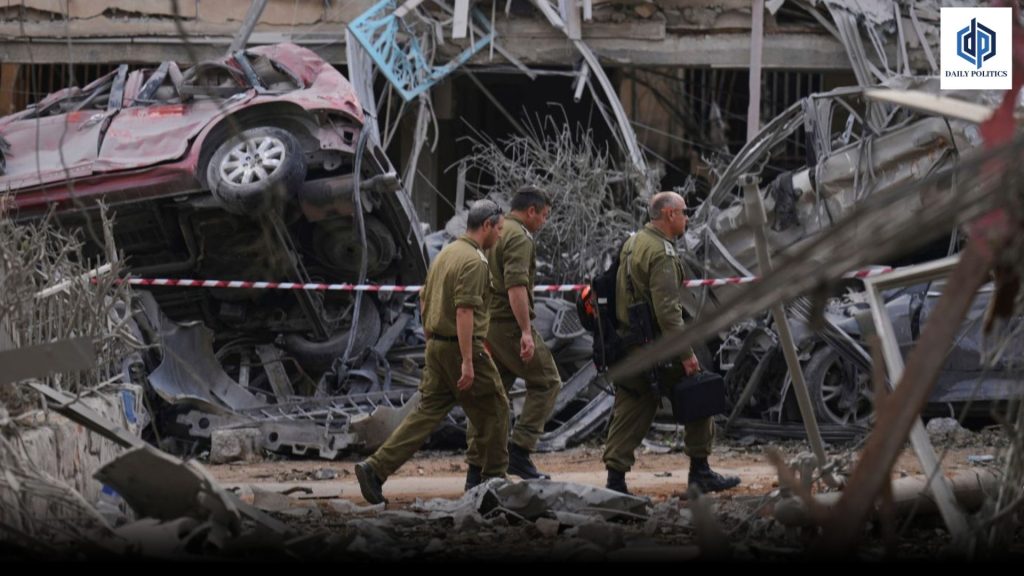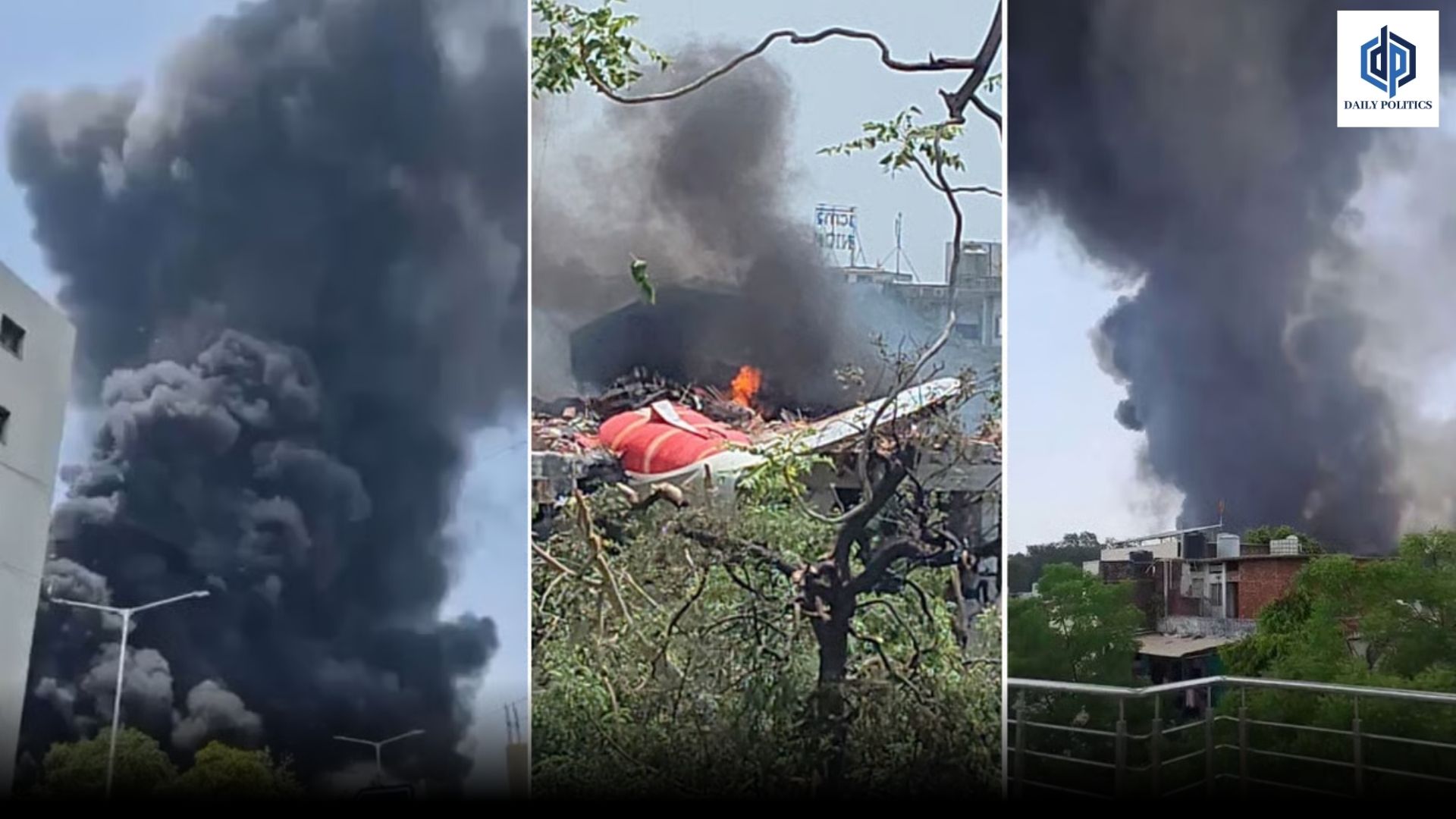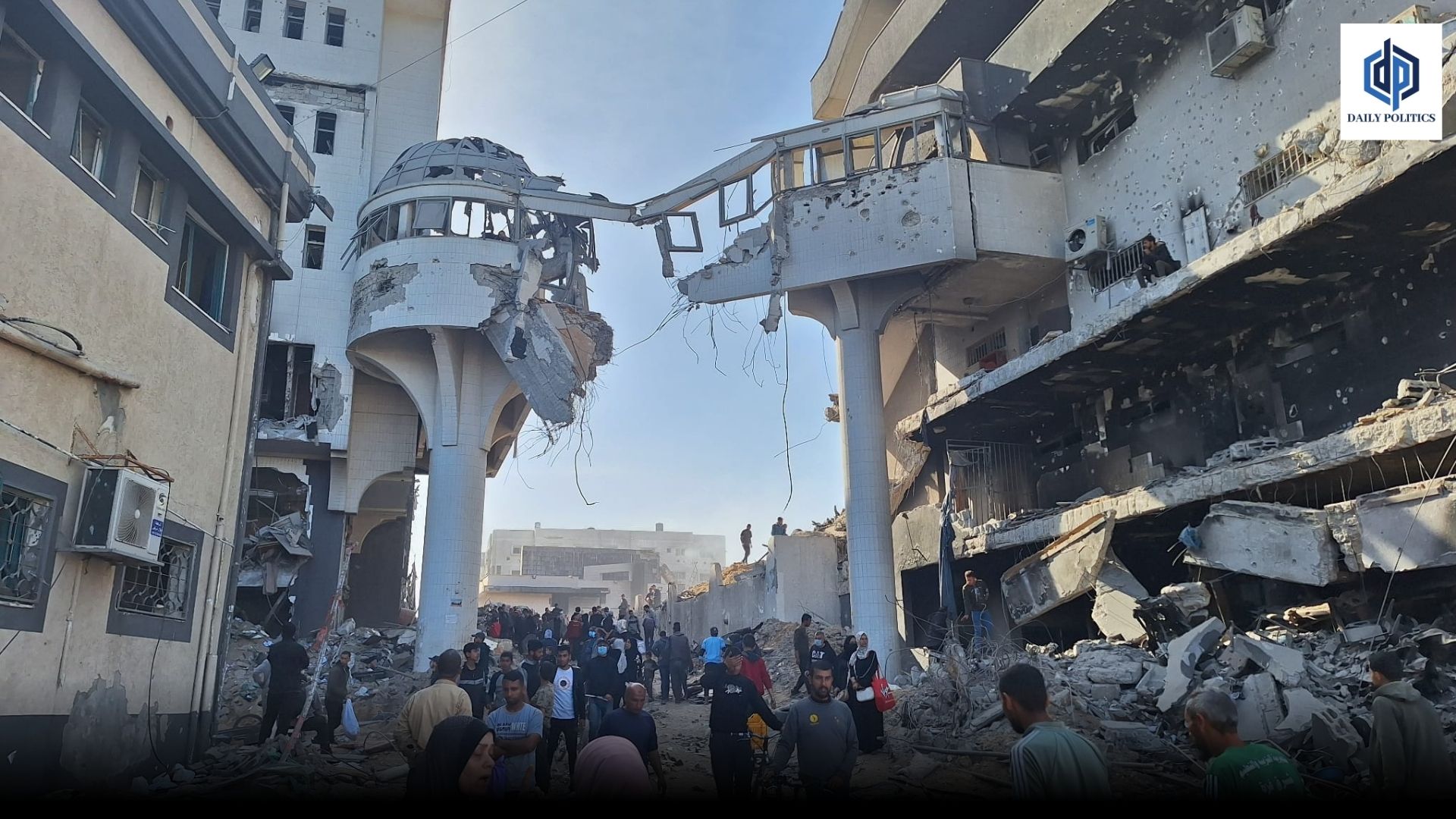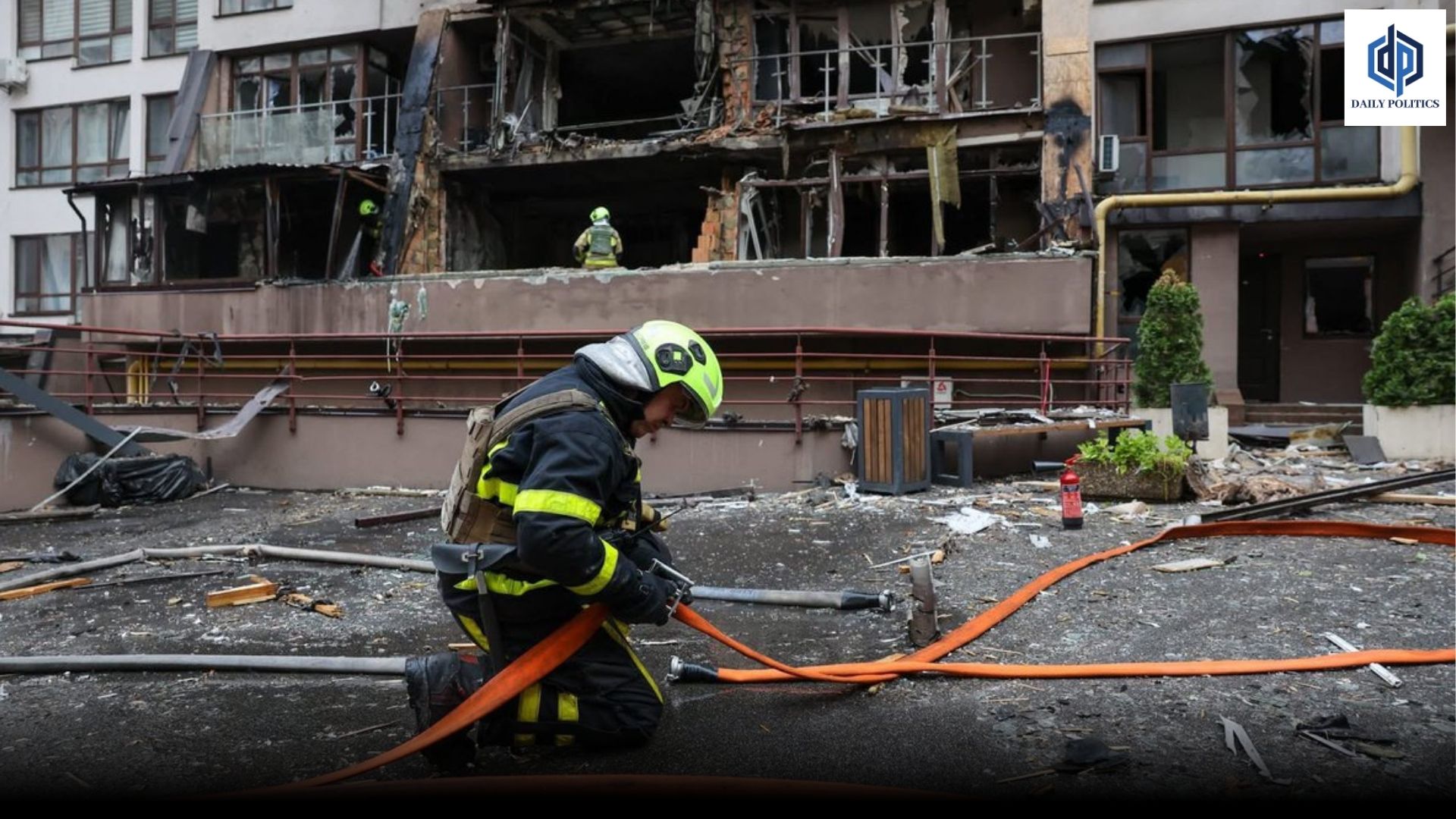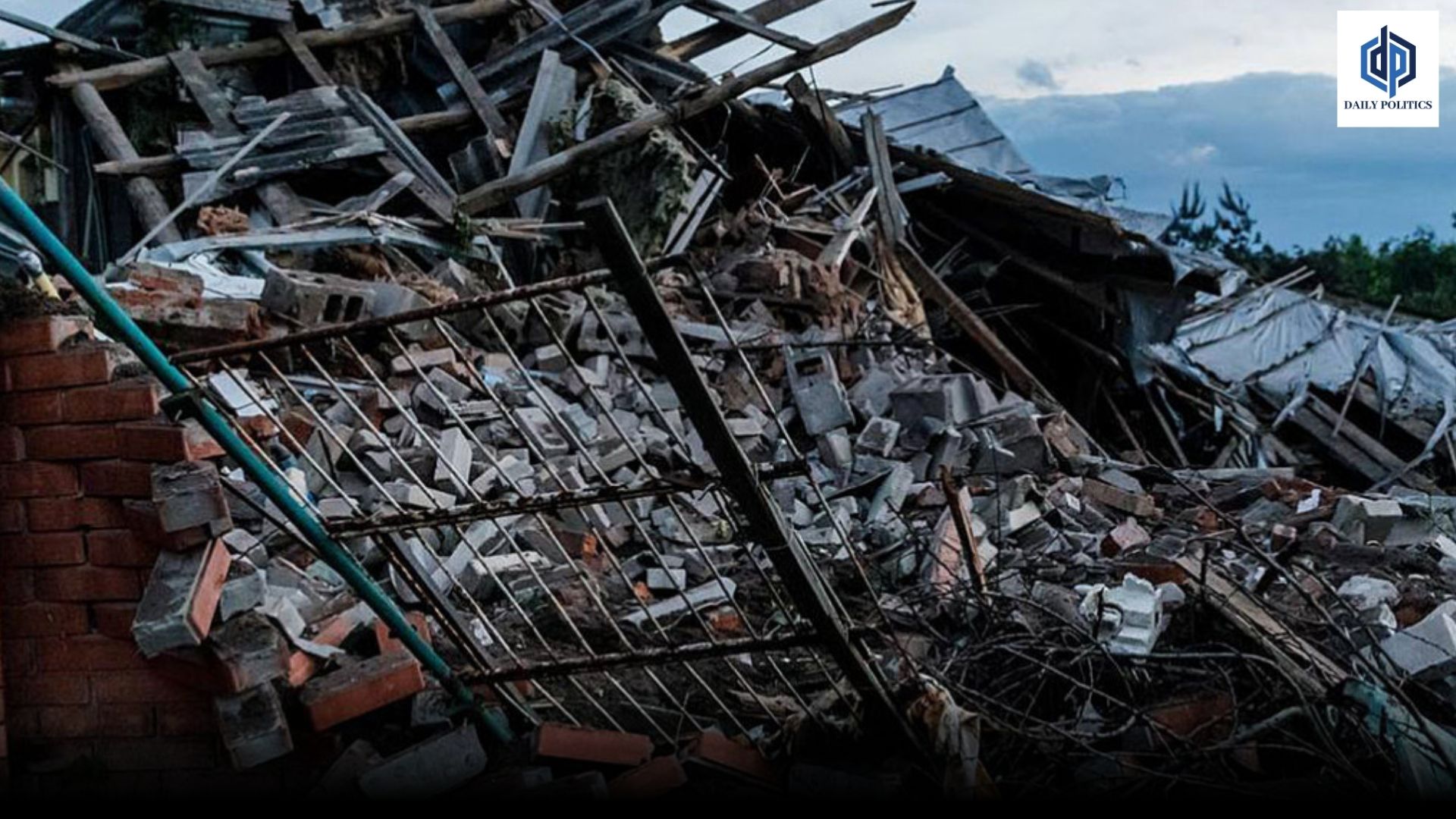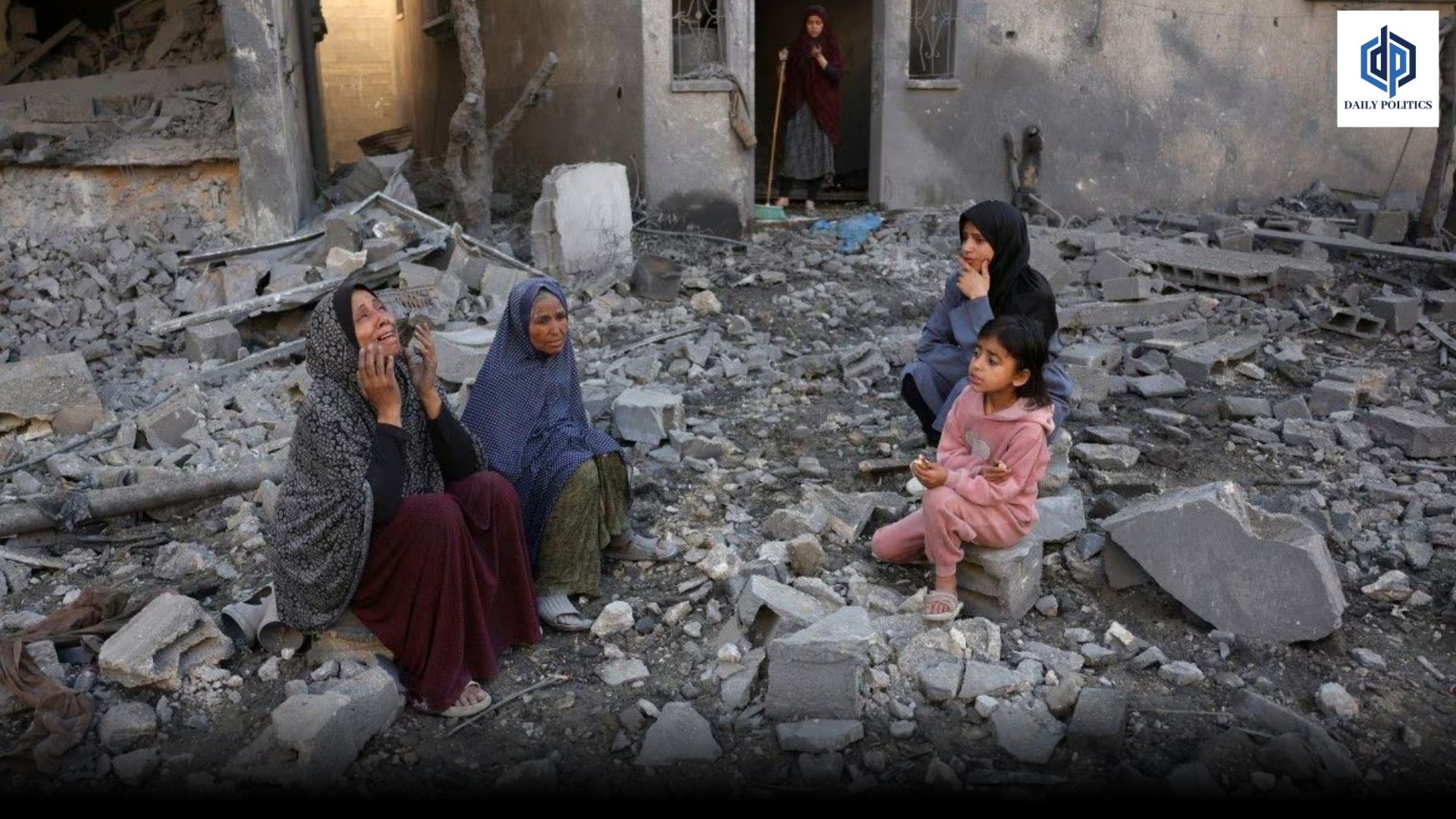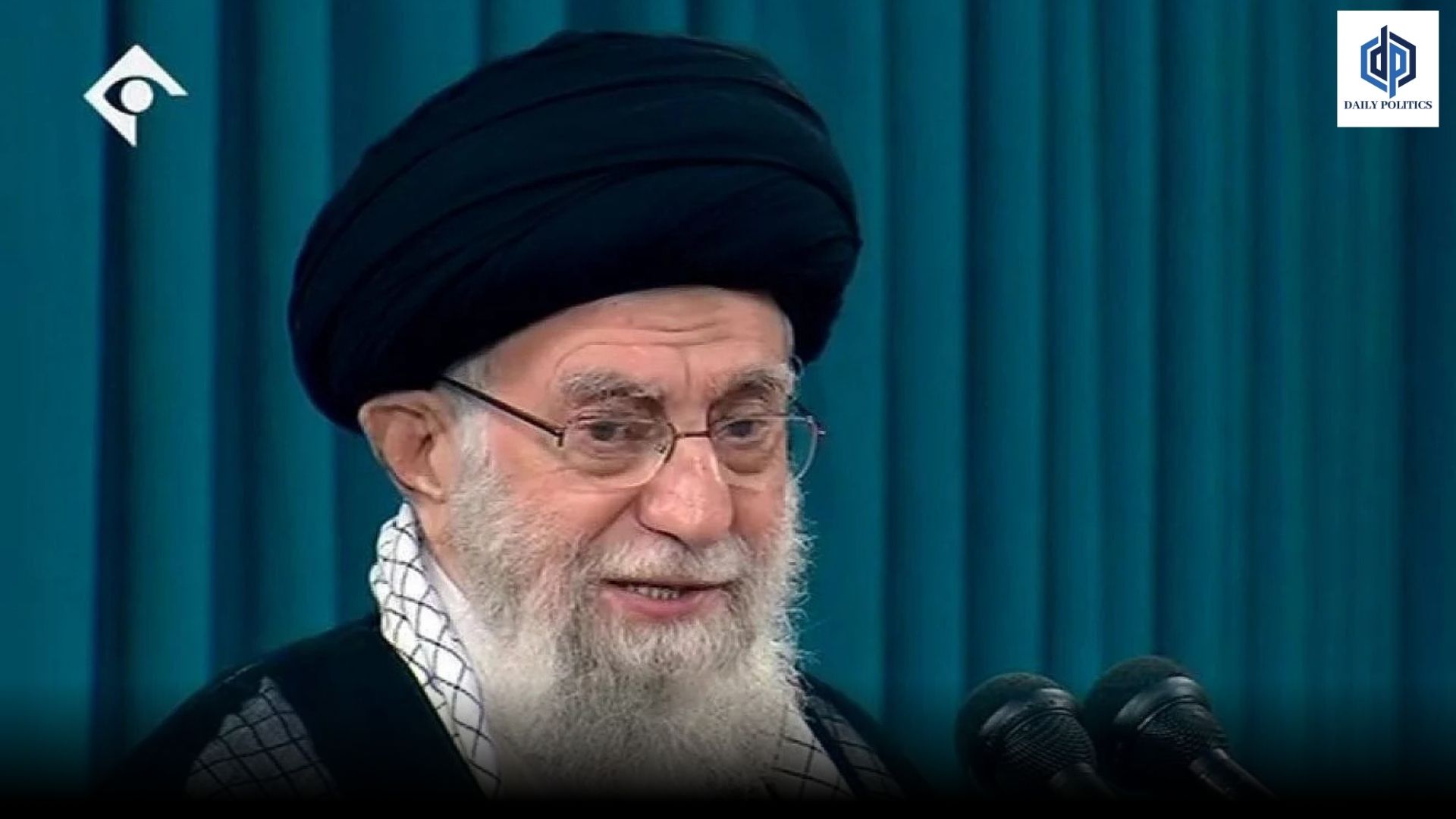Israel hits Iran’s Isfahan military ministry, media reports
On Sunday, Israel intensified its bombardment campaign against Iran, targeting a defense facility and fuel depots, as the two longstanding adversaries engaged in their most severe confrontation to date.
Following Iranian missile strikes on Israel that resulted in the deaths of at least 10 individuals overnight, authorities report that the total death toll has now reached 13 since Iran initiated its retaliatory actions on Friday.
Tehran witnessed a significant plume of smoke rising over the city following airstrikes by Israeli aircraft on two fuel depots. In recent days, Iranians have been seen lining up in long queues at petrol stations, driven by concerns over potential shortages.
Reports from Iranian media indicate that Israel conducted an attack on a facility linked to the defense ministry in Isfahan, a central city, with claims of “possible damage” emerging from the incident.
On Sunday, US President Donald Trump stated that Washington “had nothing to do” with the intense bombardment campaign launched by ally Israel early Friday, which targeted key military and nuclear sites alongside residential areas.
Former President Trump issued a stark warning, stating he would unleash “the full strength and might” of the US military should Iran target American interests. In a post on his Truth Social platform, he expressed confidence that “we can easily get a deal done between Iran and Israel and end this bloody conflict!!!”
Abbas Araghchi, Iran’s leading diplomat, asserted that Tehran possesses “solid proof,” indicating that US forces and bases in the region have provided support to Israel during its attacks.
According to Israeli police, a missile strike in Bat Yam, located near Tel Aviv on Israel’s Mediterranean coast, resulted in the deaths of six individuals and left at least 180 others injured.
As dawn illuminated the scene, first responders equipped with helmets and headlamps meticulously searched through the devastated building. Authorities reported that at least seven individuals remain unaccounted for.
“There was an explosion, and I thought the entire house had collapsed,” recounted Shahar Ben Zion, a resident of Bat Yam.
“Survival felt nothing short of miraculous.”
In northern Israel, rescuers and medical personnel reported that a late Saturday strike destroyed a three-story building in the town of Tamra, leading to the deaths of four women.
Israeli authorities have confirmed that the total number of fatalities has reached 13, with 380 individuals reported injured in the country since Friday.
The Iranian ambassador to the United Nations reported that 78 individuals lost their lives and 320 sustained injuries during the initial wave of Israeli airstrikes on Friday.
As of Sunday, Iranian authorities have yet to release an updated casualty figure. However, officials in Tehran assert that Israel has targeted and killed high-ranking army commanders and nuclear scientists.
‘Red line’
For the first time in decades, the longstanding adversaries have exchanged fire with unprecedented intensity, raising concerns about a potential escalation that could draw the entire Middle East into a prolonged conflict.
Early Sunday in Iran’s capital, a series of blasts were reported by AFP journalists on the scene.
Israeli forces have reportedly targeted the defense ministry headquarters in Tehran, with Iranian news agency Tasnim confirming damage at the site. The ministry provided no comment.
The Israeli military reported that it had targeted nuclear sites, including the clandestine Organisation of Defensive Innovation and Research (SPND), as well as fuel tankers and various other objectives.
The Iranian oil ministry reported that Israel targeted two fuel depots located in the Tehran region.
An AFP journalist observed a depot located in Shahran, northwest of the capital, ablaze.
Reports from Iranian media indicate that law enforcement has apprehended two individuals suspected of having connections to Israel’s Mossad intelligence agency.
Israeli Prime Minister Benjamin Netanyahu has pledged to strike at “every target of the ayatollah regime.” At the same time, Iranian President Masoud Pezeshkian cautioned that additional attacks would elicit “a more severe and powerful response.”
Israeli airstrikes have targeted Iran’s Natanz uranium enrichment facility, resulting in the deaths of prominent figures, including the highest-ranking military officer, Mohammad Bagheri, and the commander of the Islamic Revolutionary Guard Corps, Hossein Salami.
On Sunday, the Israeli military issued a warning to Iranians, advising them to evacuate regions surrounding weapons facilities across the country.
Araghchi informed foreign diplomats, as reported by state TV, that “the Zionist regime crossed a new red line in international law” by “attacking nuclear facilities.”
“Should the aggression cease, our responses will naturally follow suit,” he stated.
He characterized Israel’s attacks as an “effort to undermine diplomacy and disrupt negotiations.”
‘With greater intensity’
The assaults continued unabated, even as international appeals for a reduction in hostilities were made. Iran has abandoned its most recent nuclear discussions with the United States, declaring that it is “meaningless” to engage in negotiations while facing aggression from Israel.
On Sunday, Iran’s Revolutionary Guards announced that they had targeted locations utilized by Israeli warplanes for refueling, framing the action as a response to previous Israeli airstrikes.
The Guards issued a statement promising to respond with increased intensity and scope should Israel continue its lethal operations.
Yemen’s Iran-backed Huthi rebels have announced the launch of multiple missiles targeting Israel, claiming that these attacks were “coordinated with the operations carried out by the Iranian military.”
On Sunday, the Israeli military reported that it successfully intercepted seven drones that were launched towards the country within a single hour.
In a significant diplomatic exchange, Turkish President Recep Tayyip Erdogan cautioned about the potential for a “devastating war” that could have far-reaching regional implications during a conversation with Saudi Crown Prince Mohammed bin Salman, according to statements from Ankara.

